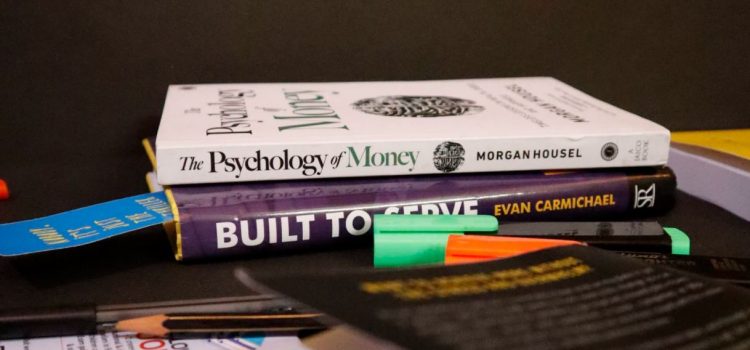What are the strong and weak anthropic principles? Do they resolve the fine-tuning problem? Models for the big bang theory imply that the initial conditions of the universe would have had to be precisely right for habitable planets to form. Stephen Hawking argues that this need for fine-tuning indicates a problem with the big bang theory. He discusses anthropic principles in an effort to address the problem. Read more to learn about the anthropic principles.
The Strong and Weak Anthropic Principles Explained










